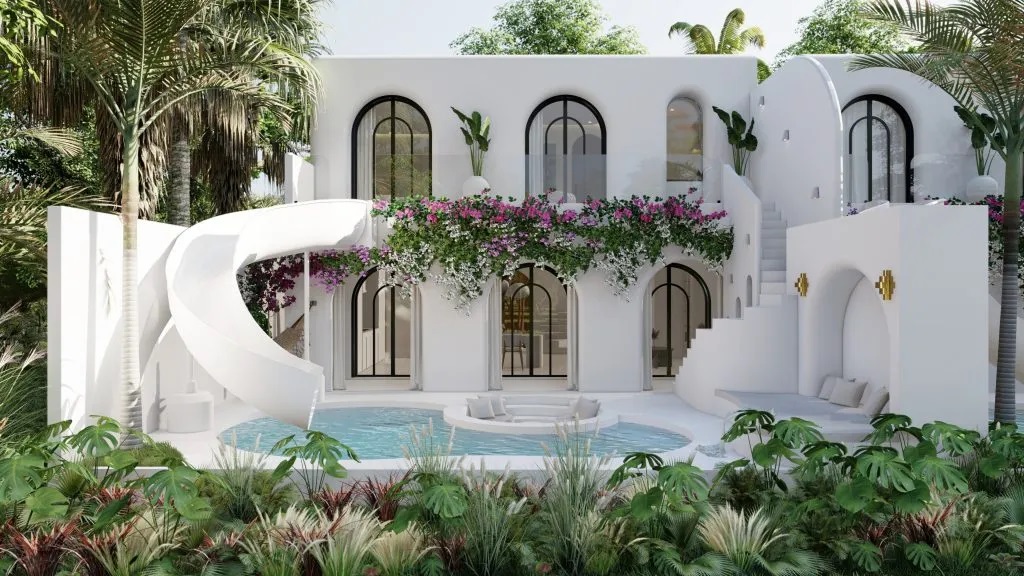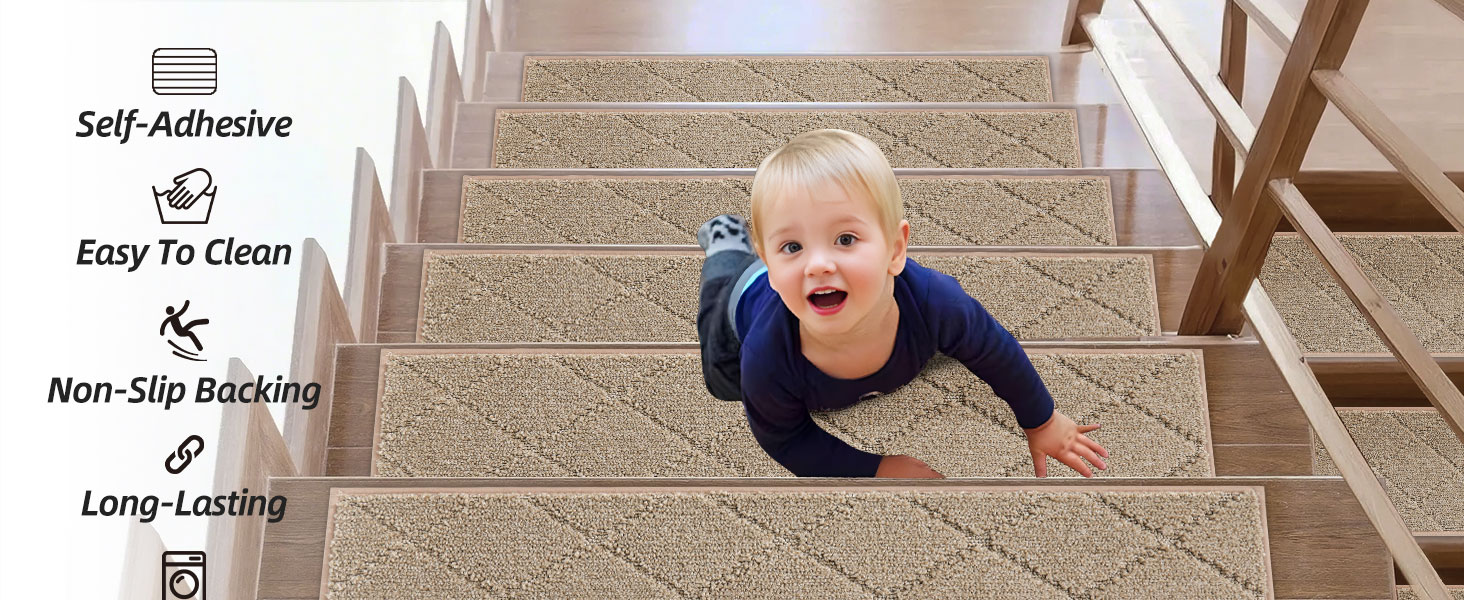Top Trends in Sustainable Construction Bali Developers Are Embracing

The construction Bali is undergoing a massive transformation. With its picturesque beaches, lush jungles, and a thriving property market, this Indonesian paradise is becoming a global hub for eco-conscious architecture and sustainable development. Bali developers are now actively incorporating innovations that reduce environmental impact, promote sustainability, and protect the region’s exquisite natural beauty.
If you're curious about how Bali is becoming a pioneer in sustainable construction, this blog will guide you through the top trends developers are adopting and why they matter.
What Does Sustainable Construction Mean?
Before we jump into specific trends, let's understand sustainable construction. At its core, this approach aims to minimize environmental harm by using energy-efficient practices, renewable materials, and eco-friendly resources. Sustainable construction is more than just a trend; it’s a movement triggered by deteriorating ecosystems and a growing need for more responsible building practices.
Developers in Bali are not only following this movement but are also creatively adapting it to suit the island's unique needs and cultural context.
Why Bali Is Leading the Way
Bali’s environment and culture are deeply tied to nature. Locals practice "Tri Hita Karana," a philosophy that emphasizes harmony with people, nature, and spirituality. This belief serves as a foundation for many developers to prioritize sustainable practices. Furthermore, Bali has become a magnet for environmentally conscious travelers and residents alike, further incentivizing developers to innovate with green solutions.
Now, let's explore the top trends in sustainable construction that are redefining Bali’s property market.
Incorporating Bamboo as a Primary Material
One of the most striking trends shaping sustainable construction in Bali is the use of bamboo. This fast-growing plant offers strength, flexibility, and a natural aesthetic that complements the island's tropical setting.
Benefits of Bamboo in Construction
Renewable Resource: Bamboo can grow to full maturity within 3-5 years, making it highly sustainable compared to hardwood.
Carbon Storage: Bamboo absorbs CO2 and releases oxygen at a faster rate than trees, making its cultivation an eco-friendly practice.
Durability: Despite its lightweight nature, bamboo is incredibly strong and can withstand harsh weather conditions.
Architectural marvels like The Green School in Bali showcase how bamboo can be used creatively to build eco-conscious structures. This trend is not just environmentally friendly but also uniquely Balinese.
Integration of Passive Design Principles
Passive design is another major trend sweeping Bali's construction industry. This approach aims to reduce a building’s energy demands by leveraging natural systems such as sunlight, wind, and shading.
Features of Passive Design
Natural Ventilation: Bali developers are designing homes and resorts with open layouts that promote cross-ventilation, reducing the need for air conditioning.
Solar Use: Thoughtful window placement maximizes natural lighting while minimizing heat gain, creating interiors that are cooler and energy-efficient.
Shading Elements: Overhangs, pergolas, and natural plant canopies are frequently used to create shade and promote cooling.
This design trend benefits both property owners and the environment by slashing energy costs while lowering carbon footprints.
Adoption of Green Roofs and Vertical Gardens
Space-efficient and visually stunning, green roofs and vertical gardens are becoming increasingly popular in Bali. These living features aren't just for show; they bring an array of practical benefits.
Why Green Roofs Are Gaining Traction
Temperature Regulation: Green roofs act as natural insulation, keeping structures cooler and reducing the need for artificial cooling systems.
Biodiversity Boost: They provide habitats for local flora and fauna, fostering ecological balance.
Improved Air Quality: Plants on green roofs absorb CO2 and other pollutants, contributing to cleaner air.
Vertical gardens, often integrated into building facades, not only enhance aesthetics but also act as natural air purifiers. For a booming tourism destination like Bali, these green spaces add to the appeal of eco-friendly resorts and villas.
Use of Renewable Energy
Energy consumption is one of the largest contributors to a building's carbon footprint. Bali developers are mitigating this impact by incorporating renewable energy sources, particularly solar power.
Solar Panels Transforming Bali Properties
Given Bali’s year-round tropical sunshine, solar panels are a practical and effective energy solution. Many sustainable projects now feature rooftop solar installations or communal solar power systems. This trend benefits both the environment and residents, as reduced reliance on grid electricity translates into significant cost savings.
Wind energy and micro hydropower systems are also gaining attention in remote regions of Bali, where off-grid living is increasingly popular.
Water Conservation Technologies
Water scarcity is a growing concern for Bali as its population and tourism industry continue to expand. Developers are integrating water-saving technologies to combat this issue while maintaining a high standard of living.
Key Water-Saving Practices
Rainwater Harvesting: Collecting and storing rainwater for irrigation or non-potable use is becoming common in new developments.
Graywater Recycling: Systems that recycle water from baths and sinks for reuse in gardening or flushing toilets are gaining traction.
Low-Flow Fixtures: Faucets, showerheads, and toilets designed to use less water without compromising performance are now standard in many properties.
These efforts ensure that developments are mindful of Bali’s delicate water balance while reducing water costs.
Focus on Sustainable Tourism
Given that a large part of Bali's economy is tied to tourism, many developers are designing properties to align with eco-tourism principles. From eco-friendly resorts to zero-waste restaurants, sustainable tourism is reshaping the construction landscape in Bali.
Sustainable Features in Tourism Projects
Zero-Waste Initiatives: Many resorts are striving to be zero waste by composting food scraps and eliminating single-use plastics.
Eco-Lodges: Developers are creating accommodations using natural and recycled materials to provide a closer connection to nature.
Community Focus: Tourism projects often include elements that give back to the local community, such as employing local craftsmen or supporting local environmental causes.
By aligning construction with sustainable tourism practices, Bali ensures that its rapid development remains in harmony with its natural and cultural heritage.
The Bigger Picture
These trends are more than just buzzworthy innovations; they reflect an urgent need to rethink how buildings impact the environment and society. Bali developers are not only setting new benchmarks in sustainable construction but are also inspiring the global construction industry to follow suit.
Sustainability is no longer a luxury; it’s a necessity. Whether you’re a developer, a homeowner, or an investor, adopting these trends isn’t just good for the planet; it’s good for business too.
Building a Sustainable Future
It’s clear that Bali is leading the way in sustainable construction by combining cutting-edge innovation with ancient wisdom. The island’s developers are proving that it’s possible to create beautiful, functional, and environmentally responsible structures.
If you’re planning to invest in eco-friendly construction or simply want to stay updated on the latest industry trends, keep an eye on what’s happening in Bali. The island’s approach offers valuable lessons for developers, homeowners, and environmentalists around the globe.
Are you ready to contribute to sustainable development? Start by exploring how these practices can be implemented in your next project. Together, we can create a greener, more sustainable world.
Note: IndiBlogHub features both user-submitted and editorial content. We do not verify third-party contributions. Read our Disclaimer and Privacy Policyfor details.







